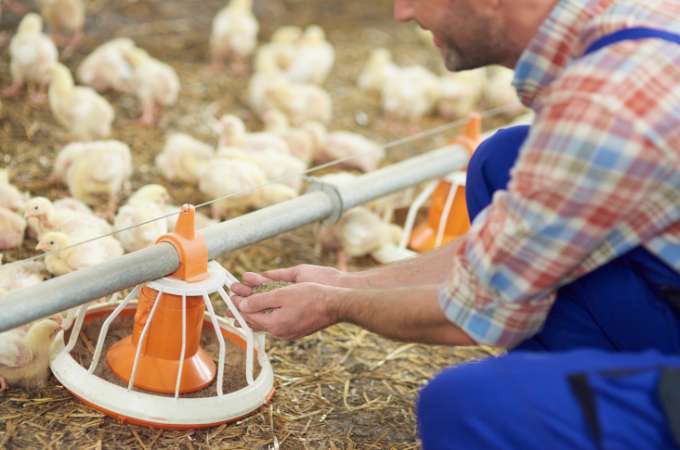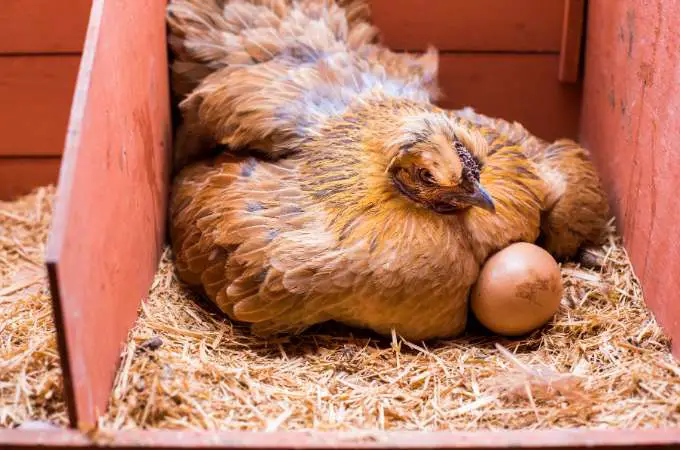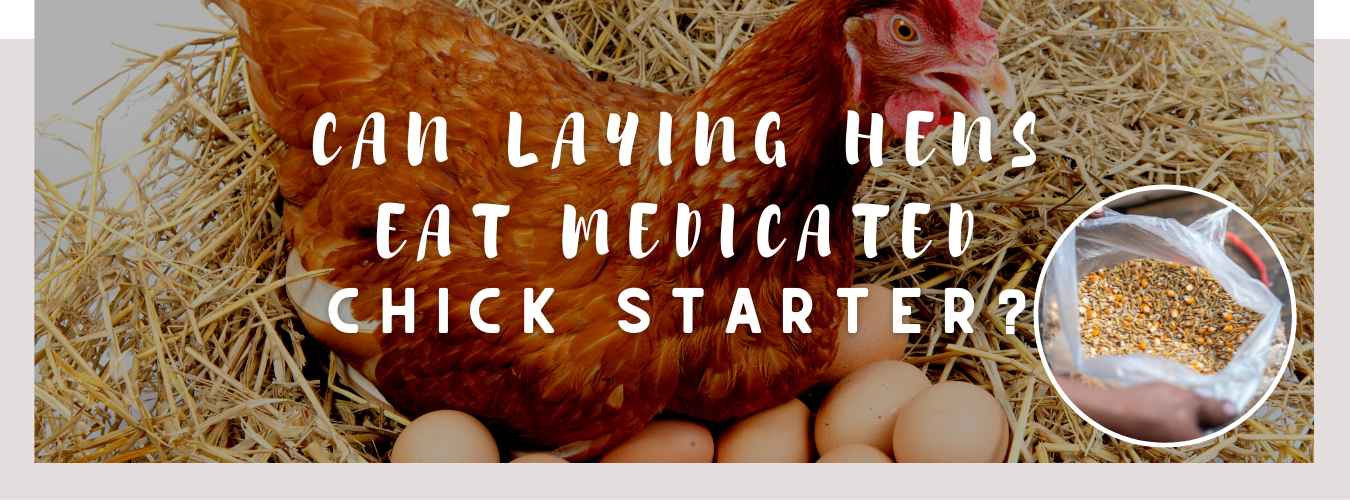
Raising chickens is a rewarding endeavor, but it comes with its own set of challenges, particularly when it comes to their diet. A common question among poultry keepers is, “Can laying hens eat medicated chick starter?” This article aims to provide a comprehensive answer to this query, focusing on the dietary needs of laying hens and the implications of feeding them medicated chick starter.
Understanding Medicated Chick Starter
Medicated chick starter is a type of feed formulated specifically for young chicks. It typically contains a coccidiostat, a medication that helps prevent coccidiosis, a common and potentially fatal intestinal disease in poultry. The active ingredient in most medicated starters is usually amprolium, which is safe and effective for young chicks.
Nutritional Profile of Medicated Chick Starter
Medicated chick starter is designed to meet the nutritional needs of growing chicks. It is high in protein, essential for growth, and contains a balanced mix of vitamins and minerals. However, the nutritional requirements of laying hens differ significantly from those of chicks.
Can Laying Hens Consume Medicated Chick Starter?
Technically, laying hens can consume medicated chick starter, but it is not ideal for several reasons:
Laying hens require a diet higher in calcium and lower in protein compared to growing chicks. Feeding them chick starter can lead to nutritional imbalances, affecting egg production and shell quality.
Medication Concerns
The medication in chick starter is unnecessary for adult hens and can potentially lead to resistance issues. Moreover, there are concerns about medication residues in eggs, which might not be safe for human consumption.
An imbalanced diet can negatively impact the health and egg-laying capabilities of hens. They need a diet formulated to support egg production, which medicated chick starter does not provide.
You might also like: What Can Chickens Eat?

Recommendations for Feeding
It is advisable to feed laying hens a diet specifically formulated for their needs. Laying hen feed typically contains the right balance of calcium, protein, and other nutrients essential for egg production. If medicated chick starter is the only option temporarily, it should be used sparingly and for a short duration.
Alternatives to Medicated Chick Starter
If you’re raising both chicks and laying hens, consider using a non-medicated starter for the chicks and a separate layer feed for the hens. This approach ensures that each group gets the nutrition it needs without the risks associated with medicated feed.
Health Implications for Laying Hens
When considering the health implications of feeding medicated chick starter to laying hens, it’s important to understand the potential risks. The medication in chick starter, while beneficial for preventing diseases in chicks, is not necessary for adult hens. Continuous exposure to these medications can lead to the development of drug-resistant strains of parasites and bacteria. This not only diminishes the effectiveness of the medication for future use but also poses a health risk to the flock.
Additionally, the imbalance in nutrients, particularly the lower levels of calcium and higher protein content, can lead to health issues in laying hens. Calcium is crucial for strong eggshells, and a deficiency can result in weak shells or shell-less eggs. Excess protein, on the other hand, can strain the kidneys and liver, leading to long-term health problems.
Behavioral Considerations
Feeding behavior in laying hens is also an important aspect to consider. Hens have different feeding habits compared to chicks. They require a diet that not only meets their nutritional needs but also satisfies their natural foraging behavior. Medicated chick starter, often in a form that is more suited to chicks, may not provide the same level of satisfaction and engagement for hens. This can lead to boredom and stress, which in turn can affect their overall well-being and egg-laying performance.
You might also like: Can Chickens Eat Garlic Bread?
Environmental Factors

The environment in which laying hens are kept can also influence their dietary needs. Factors such as temperature, housing conditions, and the availability of natural forage can affect their nutritional requirements. In colder climates, for instance, hens may require more energy to maintain body heat, necessitating adjustments in their diet. Medicated chick starter is not formulated to cater to these varying environmental needs.
Practical Feeding Tips
For poultry keepers, it’s important to practice responsible feeding strategies. This includes:
- Gradually transitioning from chick starter to layer feed as hens approach laying age.
- Providing a consistent supply of fresh water, as water intake is crucial for egg production.
- Supplementing the diet with calcium sources like oyster shell for stronger eggshells.
- Offering a variety of grains and greens to encourage natural foraging behavior.
Understanding Coccidiosis in Laying Hens
While medicated chick starter is used to prevent coccidiosis in chicks, adult laying hens have usually developed immunity to this disease. However, in situations where there is an outbreak or a high risk of coccidiosis, specific treatment under veterinary guidance is recommended rather than relying on medicated chick starter. This targeted approach ensures that the hens receive the appropriate medication in the correct dosage, minimizing the risk of drug resistance and other health issues.
Final Thoughts
While laying hens can physically consume medicated chick starter, it is not recommended due to nutritional mismatches, medication concerns, and potential impacts on egg production. A diet tailored to the specific needs of laying hens is crucial for their health and productivity.
Contents
- 1 Understanding Medicated Chick Starter
- 2 Nutritional Profile of Medicated Chick Starter
- 3 Can Laying Hens Consume Medicated Chick Starter?
- 4 Medication Concerns
- 5 Recommendations for Feeding
- 6 Alternatives to Medicated Chick Starter
- 7 Health Implications for Laying Hens
- 8 Behavioral Considerations
- 9 Environmental Factors
- 10 Practical Feeding Tips
- 11 Understanding Coccidiosis in Laying Hens
- 12 Final Thoughts










